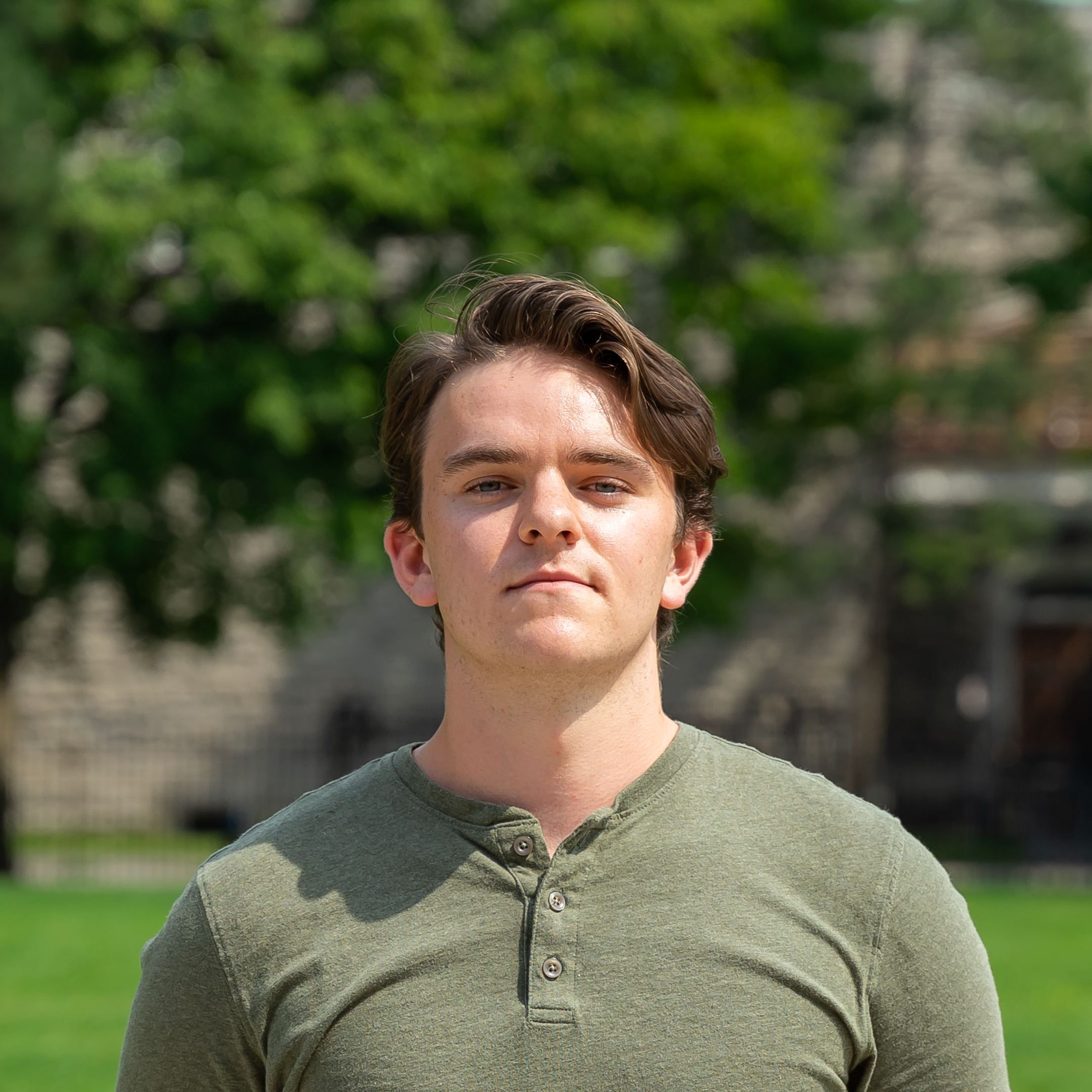HOW CONSPIRACY THEORIES WENT FROM BEING FUN TO DOWNRIGHT DANGEROUS
When I was in the sixth grade, my class was told to do a speech on a topic that was ‘of interest.’ Some students talked about their favourite movies, while others talked about their favourite sport teams. I decided I wanted to be different. So, I gave a speech on why the 1969 moon landing could have been staged.
I got up in front of the class and told everyone about theories which indicated that NASA had possibly staged the whole thing. I talked about the conflicting rock shadows in the original video, I even mentioned the conspiracy that perhaps Stanley Kubrick directed the whole thing. The whole idea of my speech was to have fun — I wasn’t pretending to be an 11-year-old with a comprehensive understanding of American space expeditions during the mid-twentieth century.
Following my speech, our teacher decided to talk to the class about the actual history of the moon landing. He told the class that although the theories I presented were fun, it was also dangerous to believe ‘bogus information.’
Looking back at it, this speech and the response from my teacher were my first exposure to the reality that conspiracy theories can be truly dangerous. While they can be fun to hear about, actually believing in them and espousing their ‘truths’ can get you into trouble. Unfortunately for most people using the internet, this is a lesson that many seem to have missed out on.
It seems that every time I am mildly curious about anything at all — a global news story about a Chinese weather ballon, or even a vaccination — I am bombarded online with conspiracy theories that are disguised as unassailable truths.
On Feb. 4 2023, U.S. warplanes shot down a high-flying Chinese balloon. Conspiracy theories about what it ‘really was’ flooded news outlets and social media alike. I saw headlines reporting that the ballon was everything from a UFO to a device aimed at weaponizing North American weather patterns. The only pieces of information that were actually hard to locate were reports indicating what was actually known about the incident.
It makes sense why these bizarre theories get so much traction. They are fun! Just like talking about the moon landing, it’s entertaining to think about other topics which might lack some real explanations. Relatedly, there is often never a way to verify the falsehoods of these theories — how can someone say the moon landing was not staged without actually going to the moon? Nevertheless, when most of the information about any topic is conspiratorial and not rooted in the truth, there is a real problem which must be addressed.
This problem isn’t so much with the existence of conspiracy theories as it is with the quantity of them. Conspiracy theories have been around for a while in some capacity; people were skeptical of both the Kennedy assassination and the ‘69 moon landing as they were happening. And when people previously dealt with these conspiracy theories, they would confront them while not immediately accepting them as the truth.
The difference between then and now is that conspiracy theories are now both more common and spreading faster than ever before — this seems to be the greater danger.
Part of the reason conspiracy theories are spreading so fast is because of the transformation of contemporary media. People are consuming information in different ways than they have in the past. Instead of reading physical newspapers, people are sourcing their information from podcasts and social media. The danger of this new type of consumption is that it seems to give legitimacy to anyone with a platform, and thus the fun yet dangerous theories spread like wild fire. People are now more likely to accept something an influencer says on a platform without critically engaging with the subject matter.
The take away here is to be careful. Be careful with who you decide to put your trust in and from where you decide to source your information. Just because some 11-year-old wants to talk about his hunch on the moon landing doesn’t mean it’s something that deserves attention.






